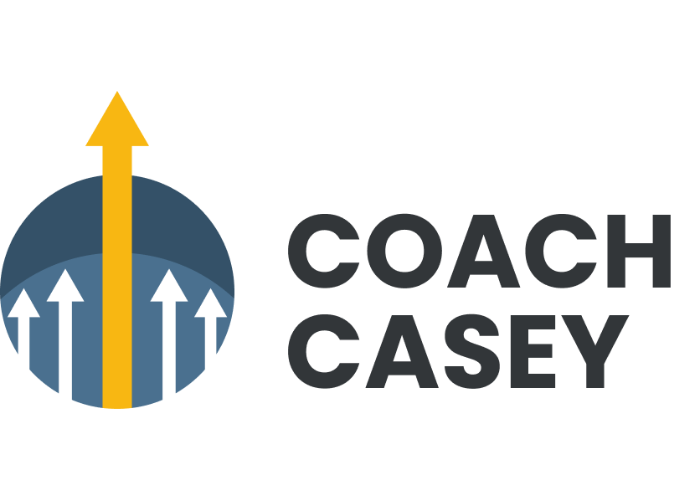The International Coaching Federation (ICF) defines coaching as:
‘Partnering with clients in a thought-provoking and creative process that inspires them to maximize their personal and professional potential.’
https://coachingfederation.org/
Can you think of a time where you clearly stretched yourself? Where you learned something that you didn’t previously know how to do?
Playing a piece of music? Writing a piece of code? Chipping a golf ball?
Take a moment and think about how you felt before you achieved the goal. Really stop and transport yourself back to the training process.
What made you want to achieve that goal? What kept you going when it was hard? Were there moments of frustration? Anticipation? Fear? An overwhelming urge to stop and quit?
According to Dr. Andrew Huberman, Neuroscientist, those errors, those moments when you were trying and failing to achieve your goal, were improving the performance of your nervous system. Huberman says,
“The way we create [neuro]plasticity is to create mismatches or errors in how we perform things… send signals to the brain that something is wrong, something is different, something isn’t being achieved.”
*Source: https://hubermanlab.com/using-failures-movement-and-balance-to-learn-faster/
When we approach a problem or a goal with this mindset it has the potential to completely change our perspective as we experience failure.
Allow me to introduce you to my coaching model: LIFT.
Just as NASA uses a formula to calculate the lift of a rocket, I want to lift others up through a simple, yet powerful, formula:
L + I x F = T
Longing + Identity x Failure = Transcend
At any given time, we all have a longing for some sort of change in our lives: A new job, a new skill, improved circumstances, better relationships, etc.
We also have an identity – values and beliefs that guide the way we live and what we believe about ourselves and the world around us.
Then there’s failure. Most of us probably avoid it. But not only are we missing out on achieving goals when we avoid failure, but we’re missing out on being the best we can be.
And so, to transcend our current potential, we need to identify the longing, be honest about how it fits (or doesn’t fit) into our identity, and pursue failure in that area, rather than avoiding it.
As a coach, I can help you embrace the pain of failure and learn from it. Remember the joy of learning that piece of music, writing that first computer program, or chipping that golf ball onto the green for the first time.
And remember that you had to fail before you could succeed.
